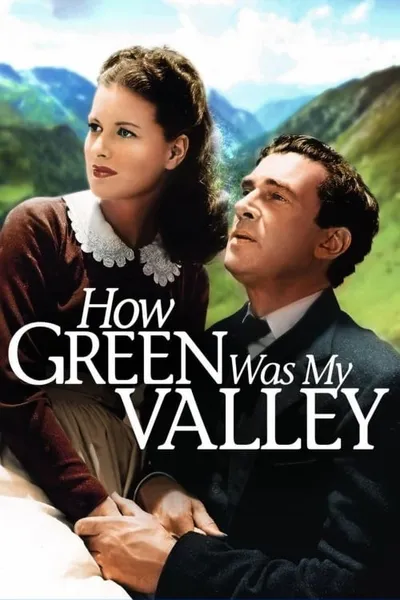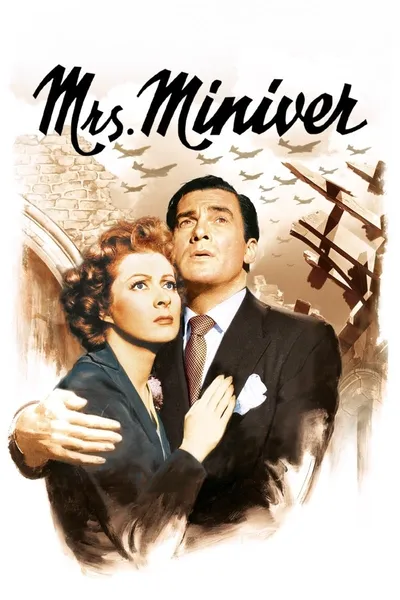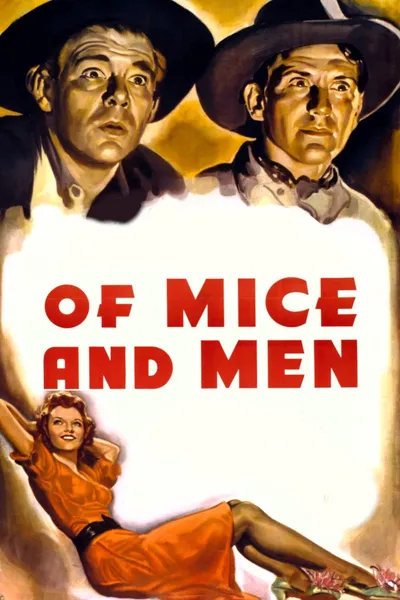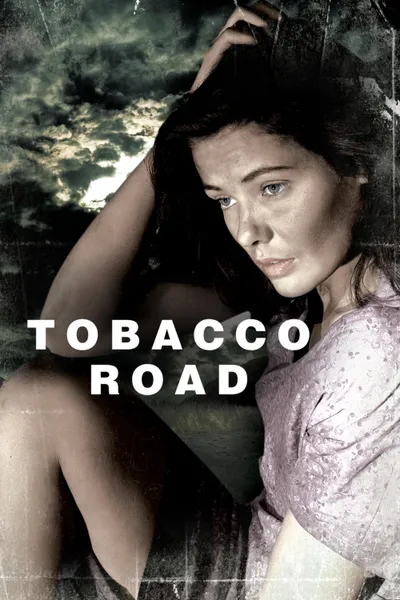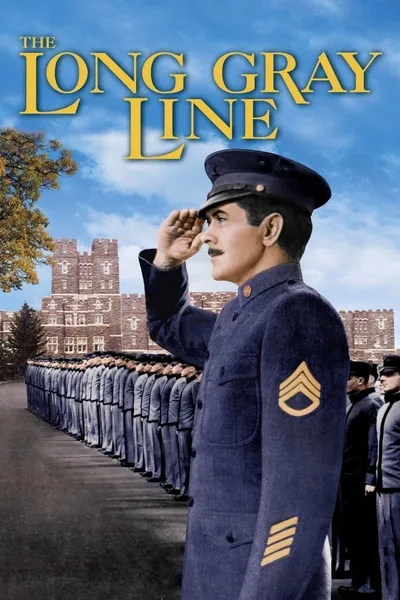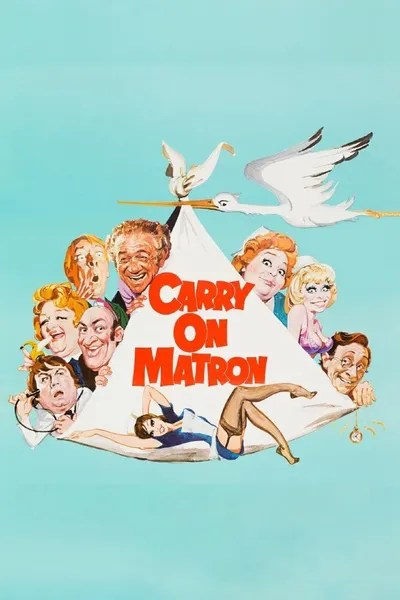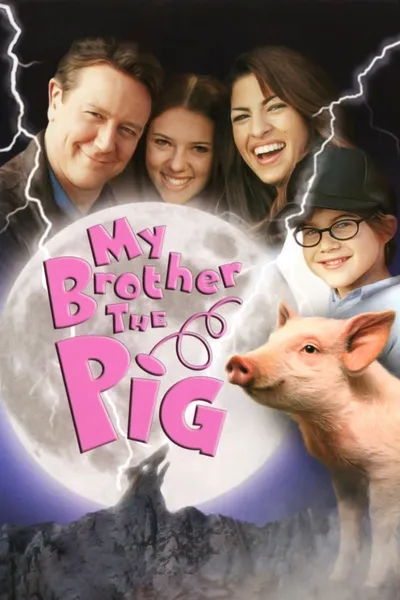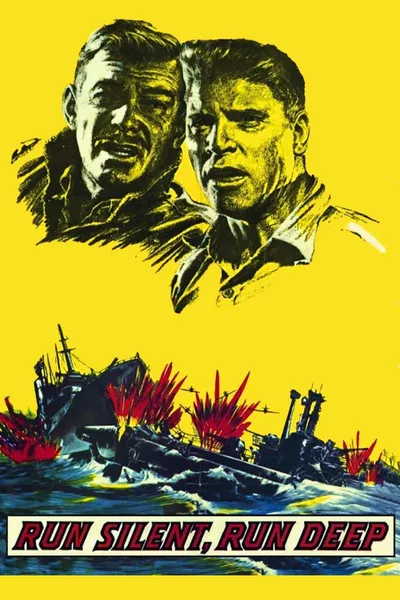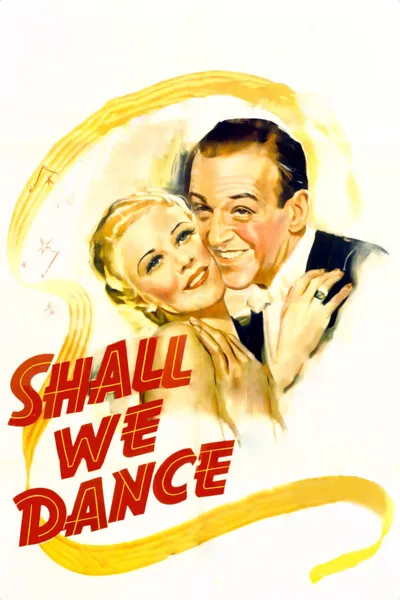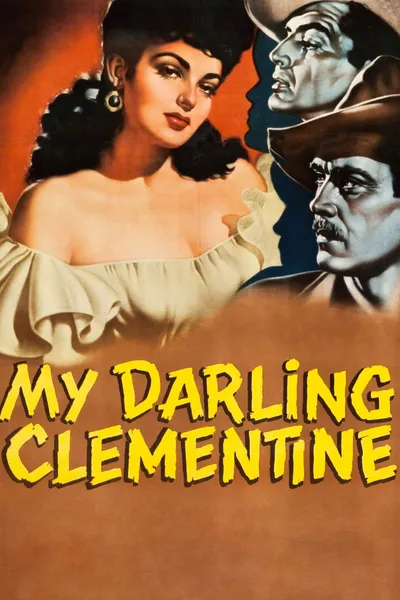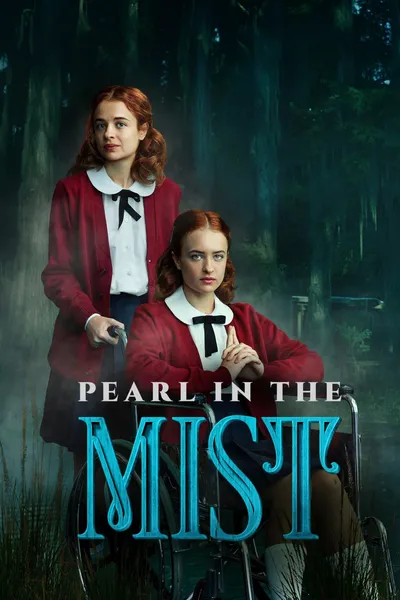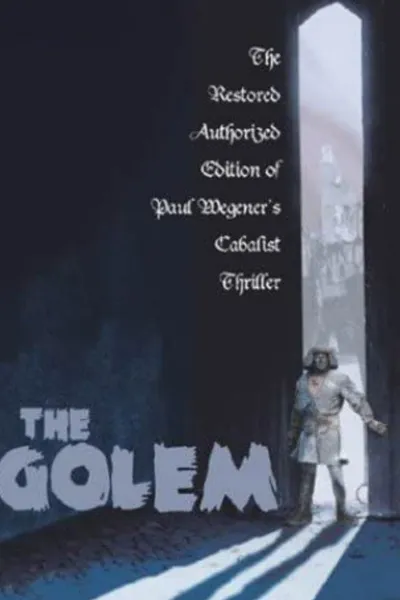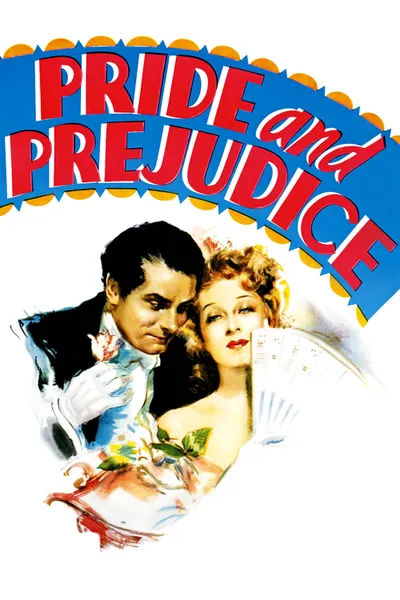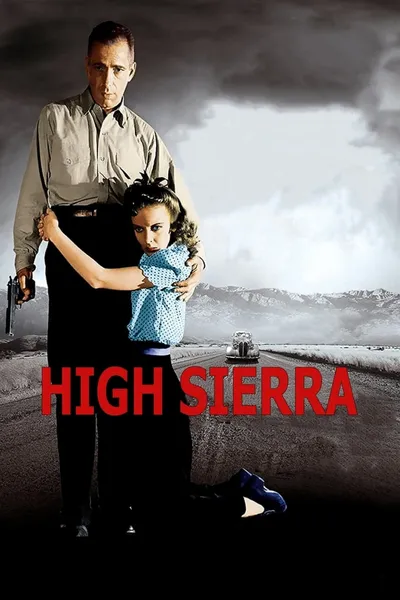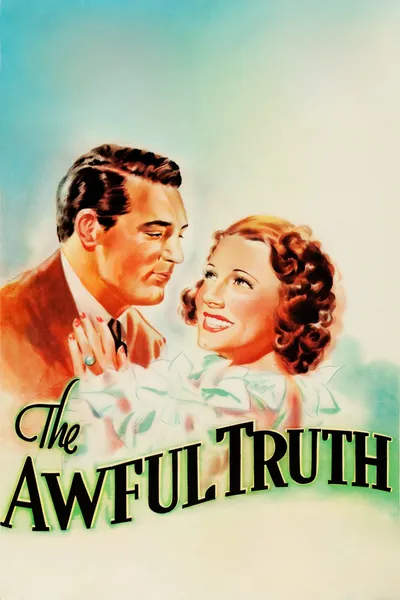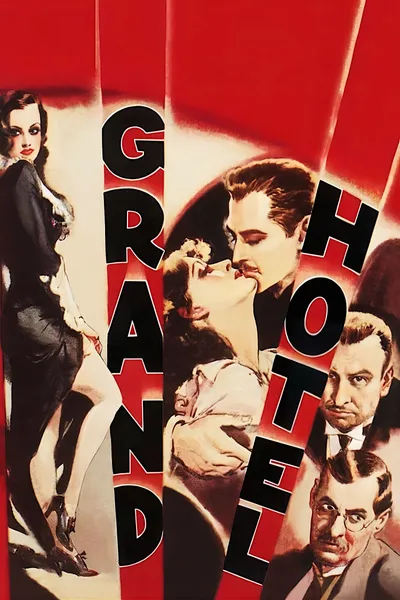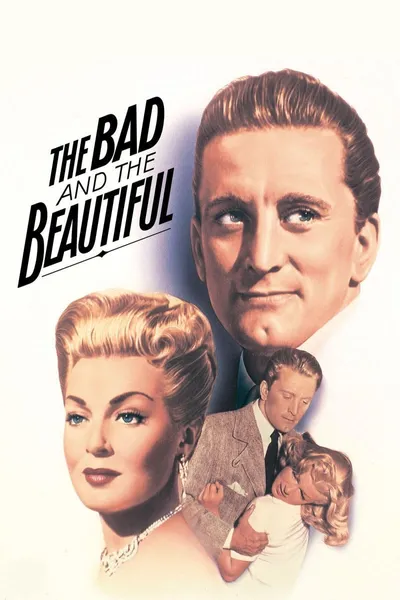Reviews

CinemaSerf
April 4, 20227.0
Made at the start of WWII, there is something especially potent about this simple story of a Victorian family of Welsh miners. The mine was their economy, their community and patriarch "Morgan" (Donald Crisp) the stern, but loving, father of five sons. It soon becomes clear to his sons that the reliability of the mining industry as a source of income could be waning. Their wages begin to be cut, the job-for-life that they thought they had started to look much less certain. Much to the chagrin of the older man, they are instrumental in calling a strike and that begins a story that challenges and redefines their social and cultural norms. Simultaneously, a new minister "Gruffydd" (Walter Pidgeon) arrives and his methods cause some consternation too - the villagers are facing tough choices. The final thread here focusses on the youngest "Morgan" - "Huw" (a fine effort from Roddy McDowall) whom his parents are determined will be educated, hopefully ensuring a better chance in life avoiding the pit. John Ford has created a gentle, observational masterpiece here. The characterisations are rich and tender. There is no stand out star, all contribute cohesively to a story of family and loyalty, tragedy and optimism all set against an background of huge change. It isn't a political film, as such. It clearly takes a swipe at the mine employers repeatedly lowering wages, or employing cheaper labour but also glories in their sense of achievement when their choir is commanded to Windsor Castle to sing for Queen Victoria. Though hardly laugh out loud, there is humour here - a very peculiar sense of Welsh, working class drollery that is best exemplified when two villagers decide to teach the bullying school master "Jonas" (Morton Lowry) that vengeance is not just the Lord's. The pace is perfect, the story ebbs and flows most naturally with high standards of production and some fine singing now and again too. Lovely film!
Recommendation Movies
Mrs. Miniver1942
Of Mice and Men1939
Ganja & Hess1973
Tobacco Road1941
The Long Gray Line1955
Carry On Matron1972
My Brother the Pig1999
A Free Soul1931
Seisaku's Wife1965
32 December Love Error2009
Run Silent, Run Deep1958
Shall We Dance1937
My Darling Clementine1946
V.C. Andrews' Pearl in the Mist2021
The Golem: How He Came Into the World1920
Pride and Prejudice1940
High Sierra1941
The Awful Truth1937
Grand Hotel1932
The Bad and the Beautiful1952
© 2024 MoovieTime. All rights reserved.Made with Nuxt
